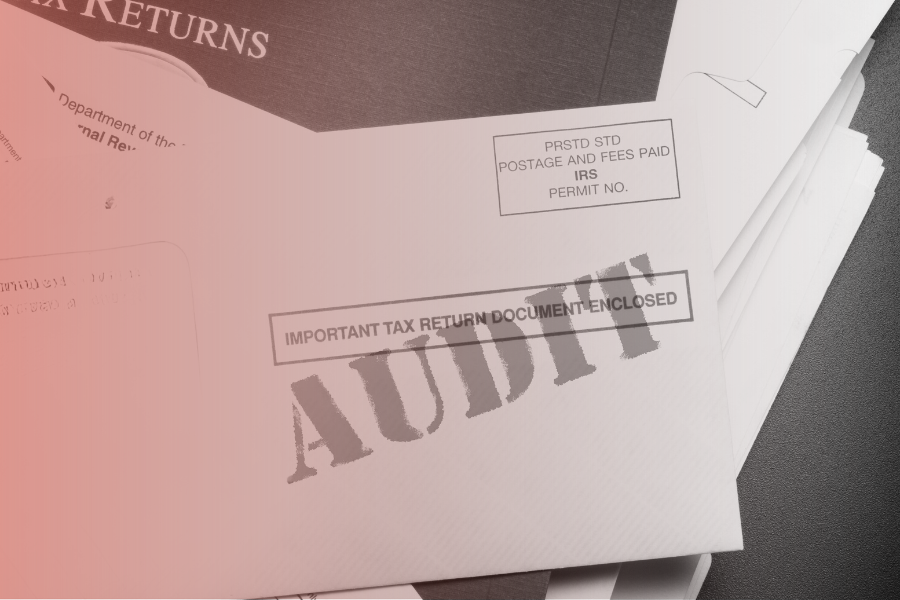Key insights on reporting foreign inheritance to IRS effectively
Understanding the Relevance of Reporting Foreign Inheritance to IRS for Tax Compliance
Navigating the complexities of foreign inheritance calls for a clear understanding of IRS reporting responsibilities. Many people undervalue the importance of accurately reporting these assets, which can bring about unplanned effects. Falling short to abide by IRS regulations may result in hefty penalties and lawful issues. It is necessary to grasp the subtleties surrounding foreign inheritances to prevent pitfalls. The following areas will certainly make clear essential aspects of conformity and the potential risks involved.

What Constitutes Foreign Inheritance?
When a private receives properties from a dead person's estate located outside of the USA, this transfer is thought about an international inheritance. International inheritances can include numerous sorts of properties such as realty, bank accounts, investments, individual items, and service passions. The value and nature of these properties may differ noticeably depending upon the legislations and customs of the nation in which the estate lies.
Furthermore, the process of obtaining these assets can entail steering with international legal systems, which might impose particular requirements or tax obligations associated with inheritance. The recipient might likewise experience challenges in establishing the fair market worth of the inherited assets, particularly if they are not accustomed to the regional realty or economic markets. Comprehending what constitutes an international inheritance is vital for people to guarantee compliance with both neighborhood laws and any possible responsibilities they may have in their home country.
IRS Reporting Needs for Foreign Inheritance
Just how does one guide via the IRS reporting requirements for international inheritance? Individuals that receive an inheritance from abroad has to be aware of specific reporting responsibilities to ensure compliance with IRS guidelines. The Foreign Financial Institution and Financial Accounts Report (FBAR) is one vital need; if the overall worth of international accounts goes beyond $10,000 any time throughout the year, it needs to be reported. Additionally, Form 3520 might be required for reporting foreign presents or inheritances over $100,000 from non-U.S. individuals. This kind catches information concerning the inheritance, consisting of the source and quantity. Stopping working to stick to these reporting needs can cause significant fines. It is essential for receivers to keep thorough documents of the inheritance, including any documents from foreign entities. Consulting with a tax specialist experienced concerning worldwide tax laws can supply more guidance in guiding through these reporting obligations properly.
Tax Ramifications of Getting an Inheritance From Abroad
Receiving an inheritance from abroad can lug substantial tax effects for people, particularly as they browse the complexities of worldwide tax obligation legislations. The IRS needs U.S. residents and residents to report international inheritances, which may activate numerous tax obligation obligations - IRS Form 3520 inheritance. Inheritances themselves are normally not thought about taxed income, coverage is vital to avoid penalties.
In addition, the estate might be subject to inheritance tax in the international country, which can affect the web value received by the heir. If the inheritance consists of international assets, such as property or investments, they might come with one-of-a-kind tax considerations, consisting of prospective funding gains tax obligations upon sale.
Moreover, people may need to abide by foreign tax obligation regulations, which can vary significantly from U.S. regulations. Recognizing these ramifications is necessary for appropriate tax obligation compliance and to guarantee that all commitments are fulfilled without sustaining unneeded costs or lawful problems.
Usual Blunders to Avoid When Reporting Inheritance

Steps to Guarantee Conformity With IRS Regulations
Comprehending the actions essential to guarantee conformity with IRS guidelines is important for any person reporting an international inheritance. People must verify whether the inheritance goes beyond the reporting threshold, which can cause added needs. Next, it is necessary to collect all appropriate documents, consisting of the will, trust fund records, and records of the foreign estate's worth.
Sending Kind 3520, which particularly resolves international presents and inheritances, is necessary to inform the IRS of the inheritance. Individuals must likewise make particular that any type of relevant taxes related to the inheritance are paid, including possible estate tax obligations in the foreign territory.
In addition, maintaining precise records of all purchases and interactions relating to the inheritance can supply needed assistance in instance of an internal revenue service questions. Looking for expert guidance from a tax obligation advisor aware of worldwide tax obligation legislations can better enhance conformity and minimize risks related to reporting international inheritances.
Frequently Asked Concerns

What Occurs if I Fail to Record My International Inheritance?
Falling short to report an international inheritance can lead to considerable penalties, interest on unpaid taxes, and possible legal consequences. The IRS might pursue enforcement activities, complicating future economic dealings and conformity obligations for the private included.
Can I Subtract Expenditures Connected To Finding Foreign Inheritance?
No, expenses connected to receiving a foreign inheritance are usually not deductible for tax purposes. Inheritance my website itself is generally ruled out gross income, and connected costs can not be claimed to minimize tax responsibility.
Are There Charges for Late Reporting of Foreign Inheritance?
Yes, there are penalties for late reporting of foreign inheritance to the IRS - IRS Form 3520 inheritance. These can consist of fines and passion on overdue taxes, making timely disclosure vital for compliance and avoiding additional economic worries
How Does Foreign Inheritance Influence My State Tax Obligations?
Foreign inheritance might affect state tax obligations in a different way depending on jurisdiction. Some states impose inheritance or inheritance tax, while others do not. It is important to speak with regional regulations to establish particular tax implications associated with international inheritance.

Are Gifts From Abroad Taken Into Consideration Foreign Inheritance for IRS Purposes?
Presents from abroad are not identified as foreign inheritance for IRS objectives. penalties for not filing Form 3520. Rather, they are dealt with over here separately under gift tax policies, with different reporting demands and thresholds that people have to stick to for conformity
Furthermore, the procedure of getting these possessions can include steering through international legal systems, which could enforce certain requirements or taxes connected to inheritance. The IRS calls for U.S. people and residents to report foreign inheritances, which might set off different tax obligations. Submitting Kind 3520, which specifically resolves international presents and inheritances, is necessary to notify the Internal revenue service of the inheritance. Falling short to report a foreign inheritance can lead to substantial fines, rate of interest on unsettled taxes, and potential lawful repercussions. No, expenses associated to getting an international inheritance are generally not deductible for tax obligation purposes.